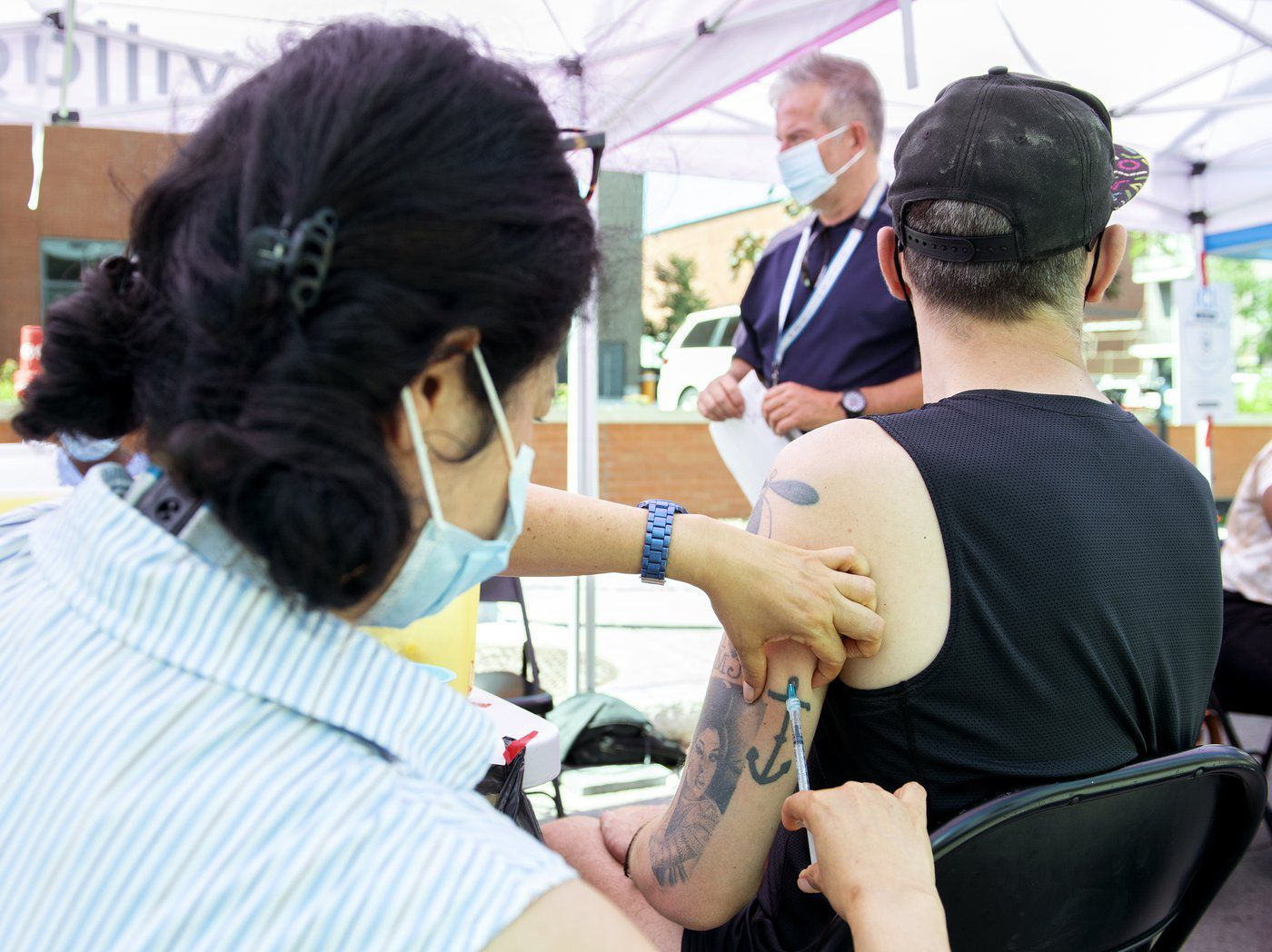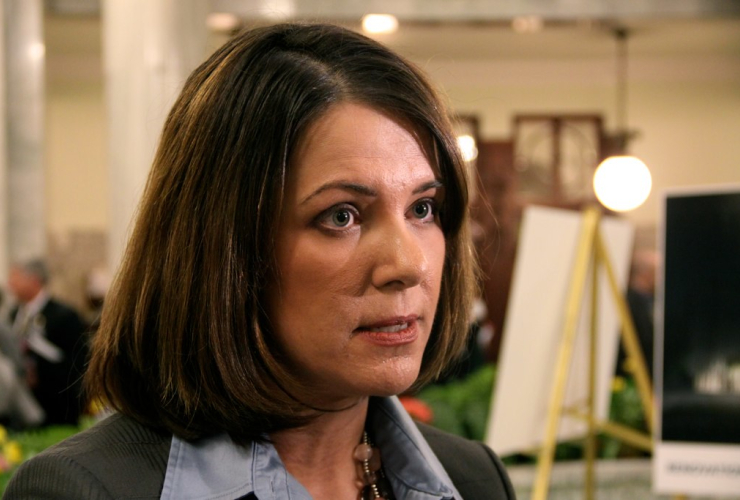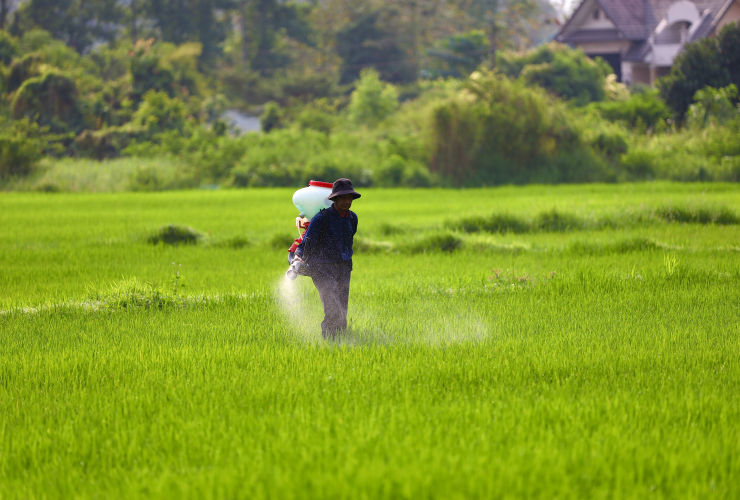Monkeypox cases in Montreal appear to be hitting a plateau, but authorities say they're worried that soaring infections in the United States and a low vaccination rate could help the disease surge anew in the city.
Dr. Geneviève Bergeron of Montreal public health says that while the situation in the city has stabilized in recent weeks, she fears the busy tourist and travel season could compromise efforts to contain the disease.
"We're concerned we might see an increase over the coming weeks because of travel and how connected we are with different countries, so we are being quite vigilant with the progress pattern that we see right now," she said Monday in an interview.
Last month, public health officials described Montreal as the epicentre of the monkeypox outbreak in North America and expanded vaccination against the disease to all men who have sex with men.
Bergeron said that getting an early start to vaccination was helpful in the efforts to control the disease, but the city "still has a lot of work to do" when it comes to promoting vaccination.
She said that only between a third and half of those eligible to be vaccinated have received a shot. Demand for the vaccine has slowed somewhat, she said, although there has been an uptick since the World Health Organization declared the disease a global emergency on Saturday.
The provincial government has described the monkeypox outbreak in the province as "relatively contained," with 331 cases as of last week and no hospitalizations. More than 13,000 people have been vaccinated.
In contrast, the Public Health Agency of Canada says cases across the country have continued to rise, to a total of 681. "Since July 1, we have also seen a doubling of cases to date, the first case in a female, and the first cases in Saskatchewan," the agency wrote on Saturday.
Bergeron said the city is working with different levels of government and with community organizations to raise awareness around monkeypox and to promote vaccination. That includes pop-up notifications sent out via dating apps, mobile vaccine clinics and soliciting the support of influencers, including a popular drag queen, to raise awareness.
Dr. Michael Libman, an infectious and tropical diseases specialist at the McGill University Health Centre, said his impression is that monkeypox numbers in the city "are controlled and maybe turning around."
He says that for now, the disease is mainly being transmitted among a small segment of the population — men who report intimate contact with men — which makes it controllable as long as health officials act quickly. But he notes that anyone can get monkeypox, which is spread through prolonged close contact via respiratory droplets, direct contact with skin lesions or bodily fluids, or through contaminated clothes or bedding.
If it isn't brought under control, "inevitably it will get out to other sexually active communities and eventually to households if we don’t succeed in controlling it," he said.
Dr. Réjean Thomas, who works at the l'Actuel medical clinic in Montreal, said he's "very surprised" by the number of sexually active patients who aren't vaccinated. He thinks public health messaging may need to be strengthened to better reflect the seriousness of the situation, without being alarmist.
He believes some people may have been inadvertently led to believe the disease is "benign" just because it is rarely fatal.
"But the cases we see are pretty serious: big ulcers in the mouth, the tongue, the chin, the genital organs," he said. "People are suffering a lot."
A study published last week in the New England Journal of Medicine that analyzed over 500 cases in 16 countries found that 98 per cent of those infected were gay or bisexual, 75 per cent were white and 41 per cent had a prior HIV diagnosis. However, the study noted that while the current outbreak disproportionately affects men who have sex with men, monkeypox can affect anyone, and heterosexual transmission was also reported.
Spread to other populations is “anticipated,” the study added.
Bergeron said the vaccine is available in Montreal to people who have had direct contact with someone who has monkeypox, or with potentially contaminated objects or bedding. It is also available to men and members of the gay, bisexual and trans communities who have sex with at least one male partner in Montreal, other than a single regular partner.
This report by The Canadian Press was first published July 26, 2022.
— With files from Frédéric Lacroix-Couture




Comments